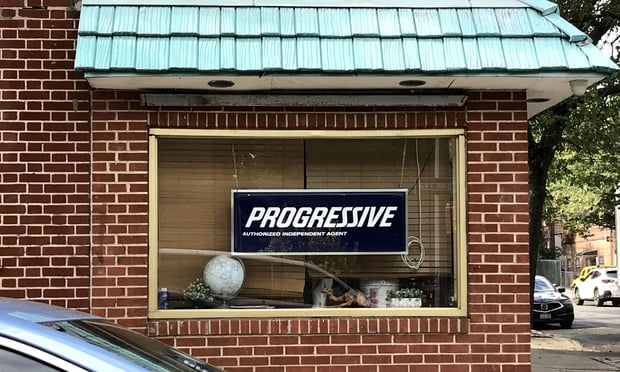A federal judge has ruled that Allstate discriminated against agents over the age of 40 and granted a trial to determine if its actions fall under an exemption to federal law.
The U.S. Equal Employment Opportunity Commission said that Judge E. Richard Webber, sitting in the U.S. District Court in St. Louis, granted the EEOC's motion for summary judgment against Allstate. A request for comment on the decision from Allstate was not returned.
Judge Webber ruled that Allstate violated the Age Discrimination in Employment Act (ADEA) when in 2000 it terminated its sales agents, offered to make them independent contractors, and refused to rehire them in other positions as employees for one year. Because 90 percent of the agents were 40 years or older, the EEOC contended that the rehire policy violated the ADEA.
Discrimination against individuals over 40 years of age is barred under the ADEA.
The case will now be heard by a jury that will determine whether the rehiring policy falls under an exception to the ADEA. That exception allows a business to take an action based on a reasonable factor other than age.
The EEOC said the judge's ruling showed that there was sufficient evidence that Allstate's action had a disparate impact on a protected group. The company argued that it did not have a disparate impact on the group and was based on a reasonable factor other than age.
“This decision is an important landmark in the further development of age discrimination law,” said Robert Johnson, the EEOC regional attorney for the St. Louis district in a statement.
“Even when there is no intentional age discrimination, an employer violates the ADEA if its policy has an adverse impact on older workers and the policy was not based on a reasonable factor other than age,” said Felix Miller, senior trial attorney for the EEOC. “We fully expect to be able to prove to a jury that Allstate's policy was unreasonable.”
This is the second lawsuit the EEOC has filed against the company in response to the company's restructuring that involved the elimination of 6,200 of its employee agents, forcing them to become independent contractors if they wanted to remain with the company or take a severance package, back in 2000.
The first lawsuit held Allstate unlawfully required its agents to release any employment discrimination claims if they wished to continue to work as an agent after the reorganization. In that case, the EEOC said, the court found the release was unlawful, but the case is still awaiting further rulings before a final resolution.
Jim Fish, executive director of the National Association of Professional Allstate Agents, said the association has not taken an official position, but from comments the office has received from agents, “they are excited about it.”
“There is a sense that they are cautiously optimistic that justice will prevail,” said Mr. Fish.
For its part, Allstate spokesman Michael Trevino said, “We are disappointed in the judge's ruling. We continue to believe that our reorganization was lawful and did not discriminate for age or any other factor.”
Want to continue reading?
Become a Free PropertyCasualty360 Digital Reader
Your access to unlimited PropertyCasualty360 content isn’t changing.
Once you are an ALM digital member, you’ll receive:
- Breaking insurance news and analysis, on-site and via our newsletters and custom alerts
- Weekly Insurance Speak podcast featuring exclusive interviews with industry leaders
- Educational webcasts, white papers, and ebooks from industry thought leaders
- Critical converage of the employee benefits and financial advisory markets on our other ALM sites, BenefitsPRO and ThinkAdvisor
Already have an account? Sign In Now
© 2024 ALM Global, LLC, All Rights Reserved. Request academic re-use from www.copyright.com. All other uses, submit a request to [email protected]. For more information visit Asset & Logo Licensing.








